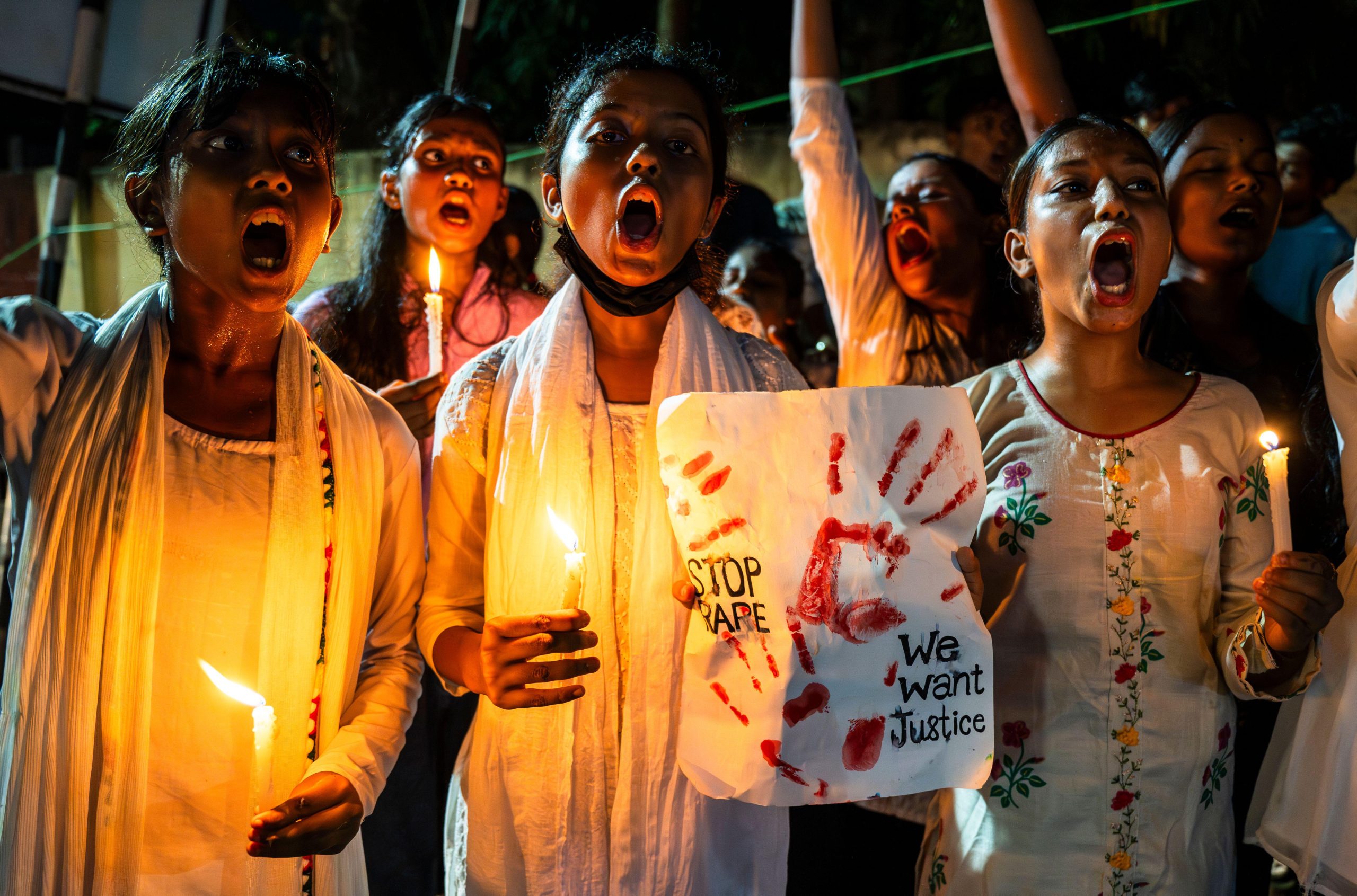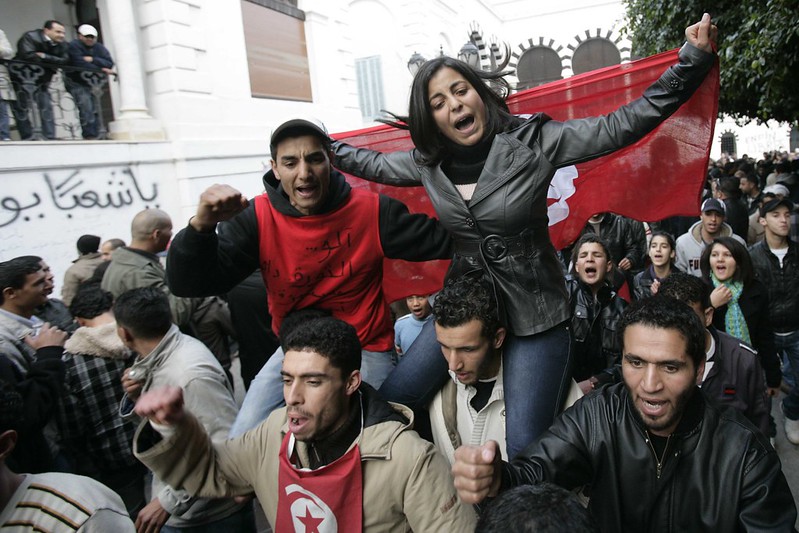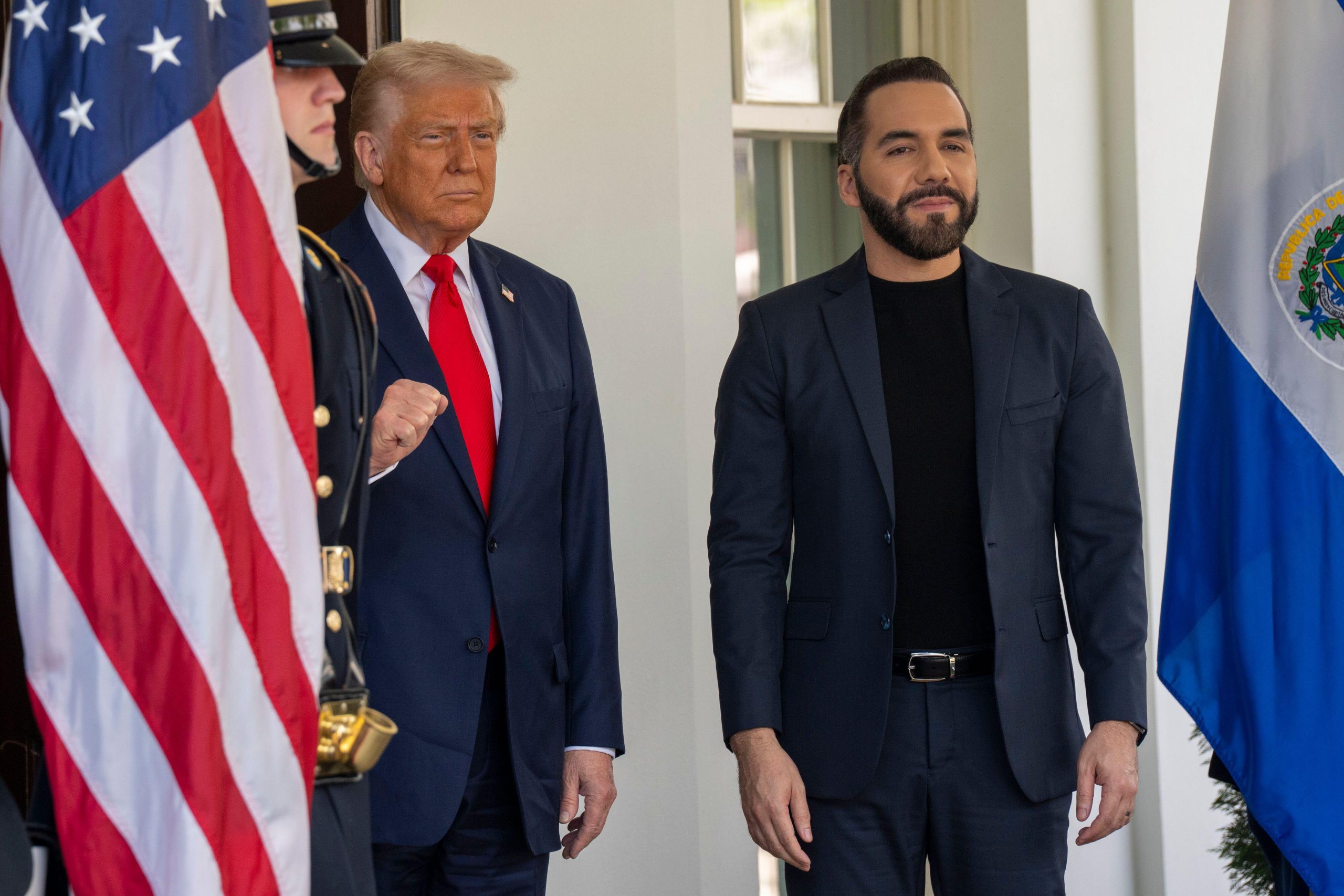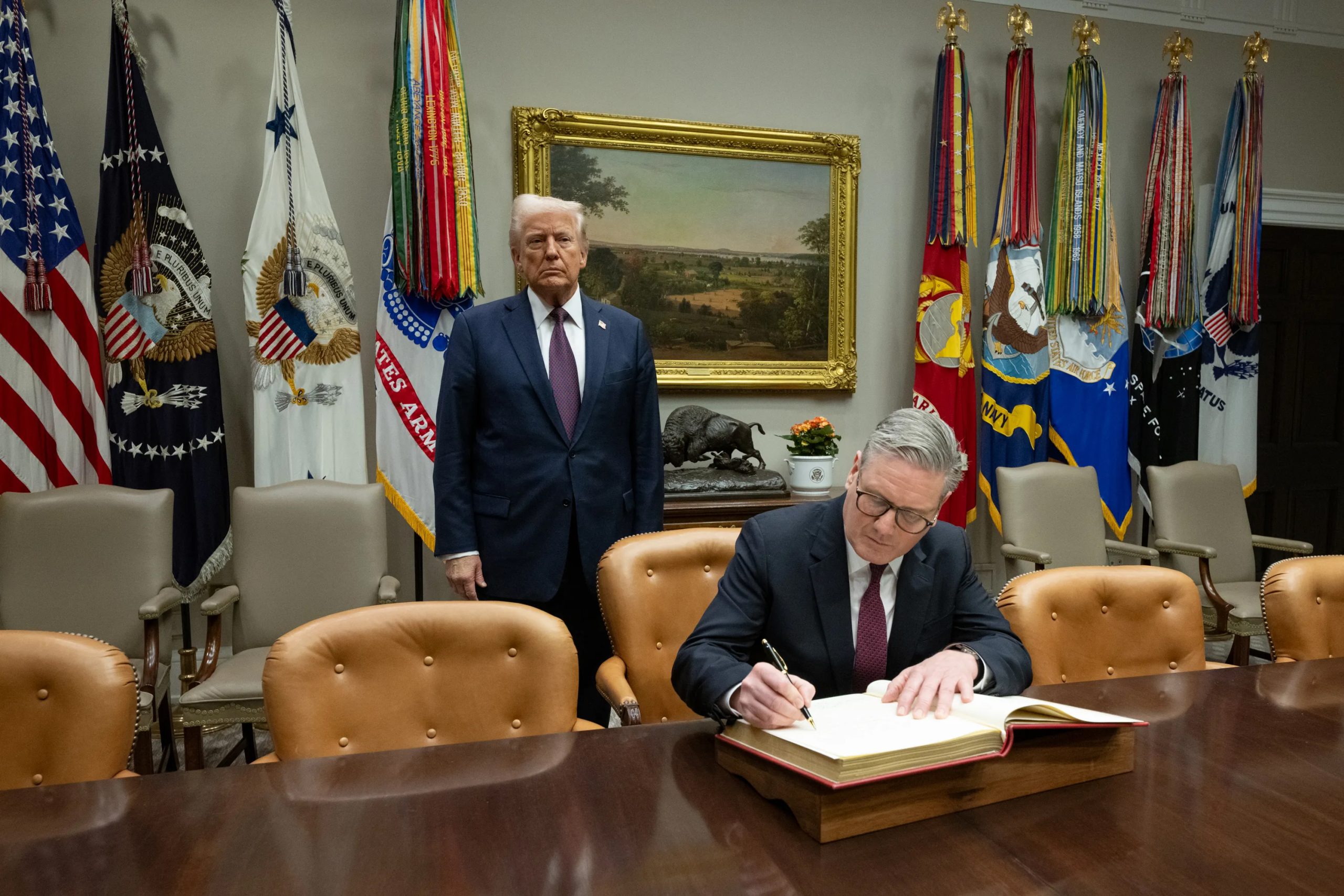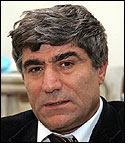 The alleged killers of journalist Hrant Dink return to court today, with many groups expressing misgivings about the conduct of their trial, writes Charlotte Alfred
The alleged killers of journalist Hrant Dink return to court today, with many groups expressing misgivings about the conduct of their trial, writes Charlotte Alfred
The fourth hearing in the trial of suspects accused of killing Hrant Dink, the Turkish-Armenian editor of Agos, starts today in Istanbul, amid widespread concern over the inadequacy of the Turkish investigation into the murder.
Dink was assassinated outside the newspaper’s offices in Istanbul on 19 January 2007. Ogun Samast, a teenage ultra-nationalist, was arrested the day after the murder and reportedly confessed to the killing. A total of 18 suspects, including Samast, were later charged with planning and organising the murder.
Over more than a year of investigations, Turkish and European lawyers and human rights organisations have stressed the importance of a fair and transparent process, and highlighted the case as a test of the rule of law in Turkey.
At the opening of the trial in July 2007 the Kurdish Human Rights Project sent a mission to Istanbul. The mission uncovered the widespread belief amongst human rights groups that state negligence, and even complicity, played a part in Hrant Dink’s murder. Evidence suggests that the authorities had prior knowledge of the murder plot, and photos leaked to the press showed police officers posing with the murder suspect in front of the Turkish flag at the police station after his arrest. The authorities have thus far been reluctant to implicate state officials in their investigations.
Long-term speculation about the links between state actors and ultranationalist groups in Turkey has been further strengthened by the January 2008 arrest of a group referred to as “Ergenekon”. The group is accused of involvement in a number of assassination plots, including a plan to murder the Nobel Prize-winning novelist Orhan Pamuk.
The number of links between the suspects in this investigation, and that of the Dink murder trial, has forced political parties in Turkey to pledge to investigate fully the relationship between these gangs and “deep state” actors.
Among those arrested were Fuat Turgut, who is currently the legal counsel of a suspect in the Dink murder, Yasin Hayal. Also held were General Veli Küçük, a retired major general, and the controversial ultra-nationalist lawyer Kerim Kerinçsiz, who previously acted as sole initiator in a case against Hrant Dink.
Hrant Dink’s brother Orhan Dink told the press “My brother said, ‘Küçük came to the court and wouldn’t leave us alone.’ Now, we all know what Küçük and Kerinçsiz really mean. My brother was saying, ‘I am being made a target.’ He took the Küçük group very seriously. He knew that both Kerinçsiz and Küçük were extremely serious and dangerous.”
Hrant Dink’s lawyer Erdal Dogan also claimed that of all the death threats he received, Dink was most concerned about threats from Veli Kucuk.
Hrant Dink was repeatedly prosecuted under both the old and current Turkish penal codes for his discussion of multiculturalism and human rights in Turkey. It is widely believed that such prosecutions made him a target for his alleged ultra-nationalist assassins. At the time of his death, the prosecutor’s office was preparing to press charges in a third case for “denigrating the Turkish character” based on an interview he gave to Reuters that referred to the 1915 Armenian genocide.
Since Hrant Dink’s death, his son Arat Dink, who took over editorship of Agos, and the paper’s owner Serkis Seropyan have both received one-year suspended sentences for “denigrating Turkishness” by reprinting this interview.
On 18 January 2008 the lawyers of Hrant Dink’s family presented a report to the government criticising the secrecy surrounding the trial, and failure of a comprehensive enquiry into links between security officials and the suspects in the murder case.
The Istanbul, Trabzon and Samsun police departments accuse each other of negligence in the Dink case, and an investigation has been initiated by a prosecutor in Trabzon. The lawyers condemned the decision to investigate these claims separately from the Dink murder case, citing damage to the cohesion of the investigation.
Further concerns surrounded evidence that had been mislaid in the process of the investigation, causing suspicions of a “cover-up”. Camera recordings from the Akbank ATM close to the place of Dink’s death are missing, according to the lawyers. They were also critical that security camera recordings of several shops along the suspect’s possible escape route were not included in the case file.
Anxious to ensure a fair trial, lawyers for the Dink family requested an audio-visual recording of the third hearing of the murder trial, which took place on 11 February 2008. The request was accepted by the court, a first in Turkish judicial history.
The proceedings opening today will examine two issues that threaten to further undermine the case proceedings. The court will evaluate a forensic medical report released in January which casts doubts on the reported age of suspected assassin Ogun Samast. If Samast is confirmed to be over 18 years old, the length of his possible sentence and the secrecy surrounding the trial will be re-evaluated. Also, calls to identify Istanbul intelligence officers accused of threatening Hrant Dink will also be considered today.
Charlotte Alfred, Kurdish Human Rights Project
Index on Censorship co-hosts For Hrant, For Justice: The ongoing struggle for freedom of expression in Turkey, this Thursday. For more details, click here


